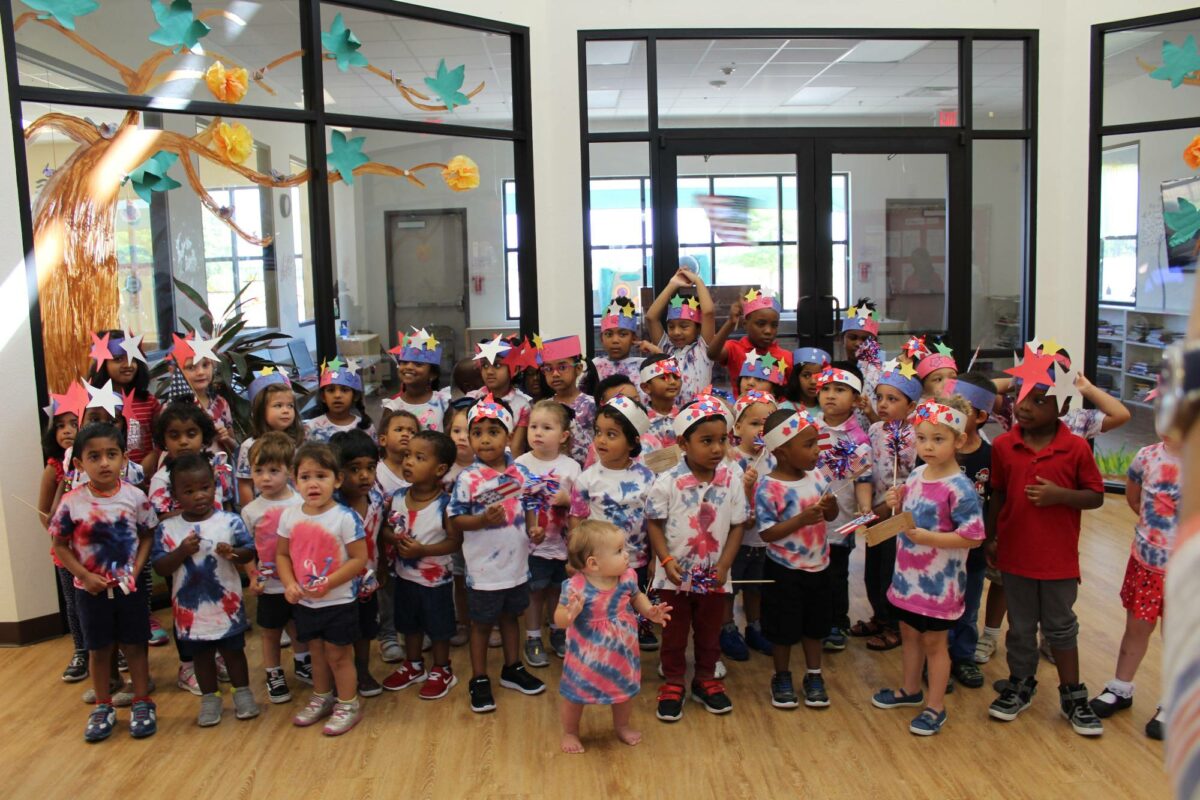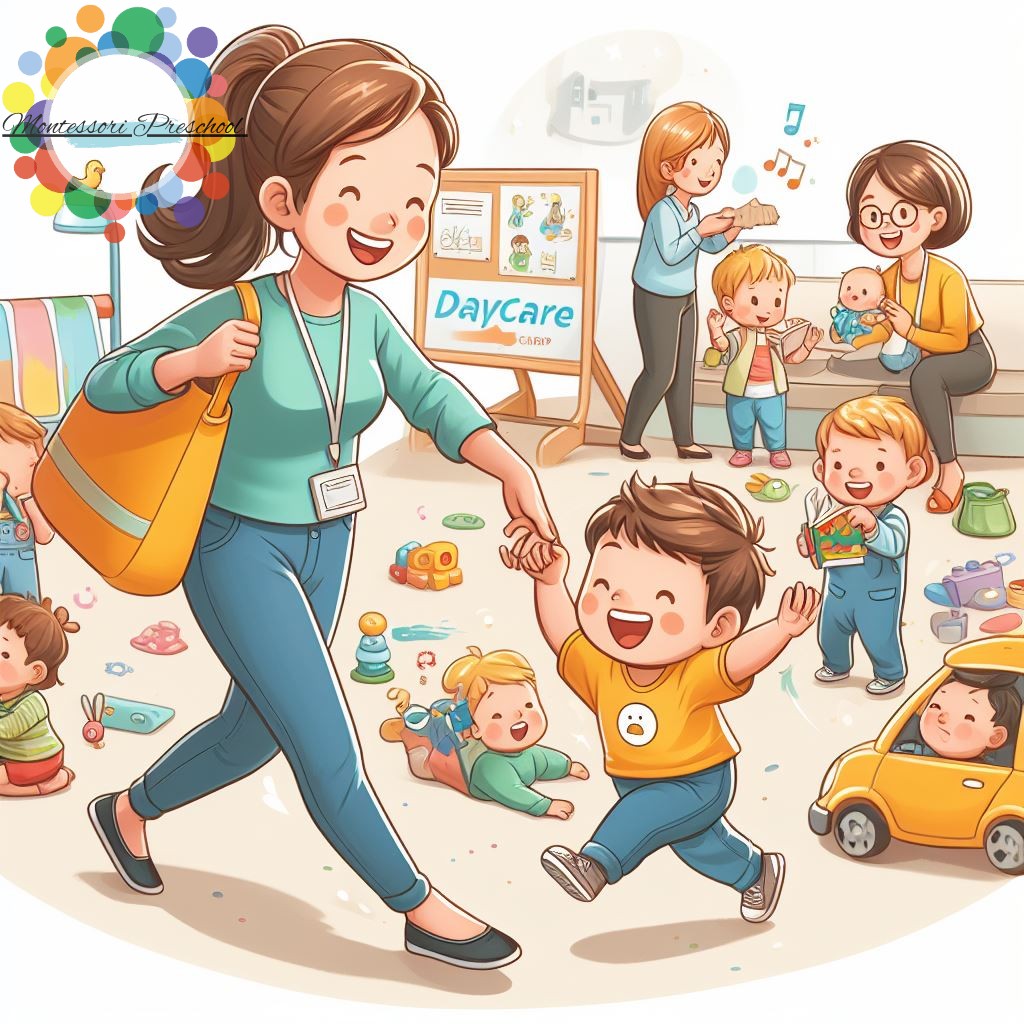
Explore the Transformative World of Montessori Education
Have you ever wondered what makes Montessori education so unique and effective? Developed over a century ago by Dr. Maria Montessori, an Italian physician, this child-focused approach has been revolutionizing schools worldwide. Walking into a Montessori classroom is an experience like no other. You’ll immediately notice children engaged in independent and group work, using specially designed learning materials. They are deeply engrossed in their tasks, displaying a sense of respect for themselves and their surroundings.
What Sets Montessori Apart?
What sets Montessori apart is its focus on rigorous, self-motivated growth across all areas of a child’s development – cognitive, emotional, social, and physical. Instead of relying on traditional teaching methods, Montessori education empowers students to take charge of their own learning journey. Guided by knowledgeable and caring teachers, as well as their peers, students learn at their own pace and according to their own interests.
The Montessori Classroom Environment
The classroom environment in Montessori schools fosters independence, citizenship, and accountability, creating natural opportunities for multi-sensory learning and passionate inquiry. In a Montessori classroom, real-world skills and hands-on learning take center stage. Rather than being confined to a rigid curriculum, students embrace their natural curiosity, fully understanding each concept before moving on. This personalized approach ensures that every child reaches their individualized learning goals.
Embracing Natural Curiosity
Montessori education is a method that celebrates the unique potential of each child, encouraging independence and fostering a lifelong love for learning. It’s a transformative approach that empowers children to say, “Help me to do it alone.” By allowing students to follow their own interests and pursue topics that captivate their curiosity, Montessori education creates a strong foundation for lifelong learning and personal growth.
The Benefits of Montessori Education
Montessori education offers numerous benefits for children of all ages, nurturing their intellectual, social, emotional, and physical development. Let’s take a closer look at some of the key advantages of this transformative approach:
Self-Motivated Growth
Montessori education inspires self-motivated growth in children. By allowing them to choose their own activities and work at their own pace, students develop a sense of ownership over their learning journey. This fosters independence, self-discipline, and a deep intrinsic motivation to explore and discover new ideas.
Individualized Learning
In a Montessori classroom, the focus is on the individual child. Teachers are trained to observe each student’s unique strengths and interests and tailor their instruction accordingly. This individualized approach ensures that every child receives the support and guidance they need to excel academically and personally.
Multi-Sensory Learning
Montessori education recognizes that children learn best when they engage all their senses. That’s why the classroom environment is filled with specially designed learning materials that encourage hands-on exploration and sensory stimulation. These materials help children grasp abstract concepts through concrete experiences and develop a deep understanding of the subject matter.
Social and Emotional Development
Montessori education places a strong emphasis on social and emotional development. Through collaborative group work, children learn how to communicate effectively, resolve conflicts, and develop empathy and respect for others. They also gain a sense of responsibility and accountability, as they are encouraged to take care of their classroom environment and contribute to the community.
Lifelong Love for Learning
One of the most powerful benefits of Montessori education is that it instills a lifelong love for learning in children. By fostering a positive and engaging learning environment and nurturing each child’s natural curiosity, Montessori education sparks a passion for exploration and discovery. Students develop the skills and mindset needed to become lifelong learners, embracing challenges and seeking knowledge throughout their lives.
The Montessori Method in Practice
Now that we have a deeper understanding of the principles and benefits of Montessori education, let’s take a closer look at how this transformative method is put into practice in the classroom.
Prepared Environment
The Montessori classroom is carefully prepared to cater to the developmental needs of the students. It is filled with a wide range of learning materials that are attractive and inviting, encouraging children to explore and engage. These materials are organized and displayed in an orderly and accessible manner, enabling students to independently select and work with them.
Mixed-Age Groupings
Montessori classrooms typically have mixed-age groupings, allowing children to learn from and collaborate with their peers. This fosters a sense of community and provides opportunities for older students to mentor and share their knowledge with younger ones. It also promotes socialization and cooperation, as children learn how to navigate relationships with peers of different ages.
Individualized Learning Plans
To ensure that each child is progressing at their own pace, Montessori teachers create individualized learning plans for their students. These plans take into account each child’s unique strengths, learning style, and interests. The teacher guides the child through various learning activities and materials, providing support and encouragement along the way.
Hands-On Learning
Montessori education emphasizes hands-on learning, as it is through direct experiences that children truly grasp and internalize concepts. Students engage with Montessori materials that are specifically designed to isolate and teach a particular skill or concept. These materials allow children to work independently and develop their critical thinking and problem-solving skills.
Freedom and Responsibility
Montessori classrooms provide a balance of freedom and responsibility for students. While children have the freedom to choose their own work and explore their interests, they are also responsible for completing tasks and taking care of their materials and the classroom environment. This fosters a sense of ownership, accountability, and self-discipline.
Observation and Guidance
Montessori teachers play a crucial role in guiding and facilitating the learning process. They observe each child’s progress and provide gentle guidance and support when needed. Teachers are trained to recognize and capitalize on teachable moments, allowing students to delve deeper into topics that spark their curiosity.
Assessment and Evaluation
In Montessori education, assessment and evaluation are ongoing and holistic. Teachers continuously observe and document each child’s progress, using various methods such as checklists, anecdotal records, and student portfolios. This comprehensive approach allows teachers to have a deep understanding of each child’s strengths, challenges, and growth areas.
Montessori Education: A Path to Success
Montessori education has proven to be a transformative approach that prepares children for success in all areas of life. By nurturing their curiosity, independence, and love for learning, Montessori education empowers children to become confident, self-directed individuals who can thrive in an ever-changing world.
If you’re considering Montessori education for your child, take the time to visit a Montessori school near you and experience firsthand the transformative power of this approach. You’ll witness a classroom filled with engaged, self-motivated learners who are excited about their educational journey.
Don’t miss out on the opportunity to give your child the gift of Montessori education. Explore the transformative world of Montessori and set your child on a path to lifelong success.
References
- American Montessori Society. (2021). What is Montessori education? Retrieved from https://amshq.org/Montessori-Education/Introduction-to-Montessori
- Lillard, A. S. (2020). Montessori: The science behind the genius. Oxford University Press.
- Montessori, M. (2016). The science behind the genius. Trident Publishing.
Now that you have a comprehensive overview of Montessori education, it’s time to discover the transformative power it holds. Take the first step and explore a Montessori school near you. Witness the magic of engaged, self-motivated learners and give your child the gift of a Montessori education.



